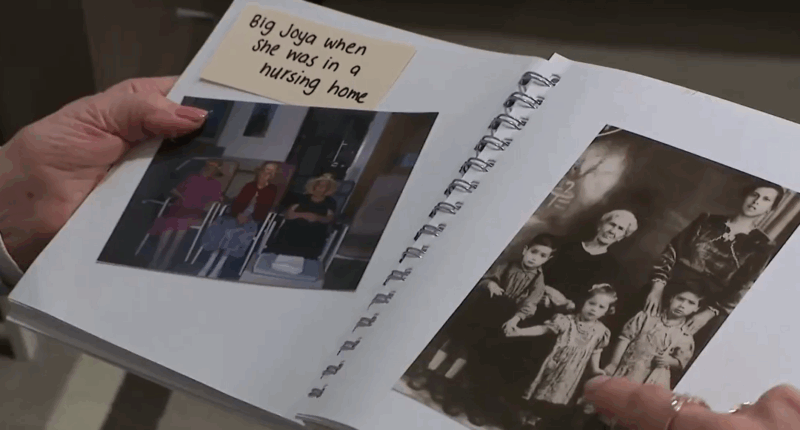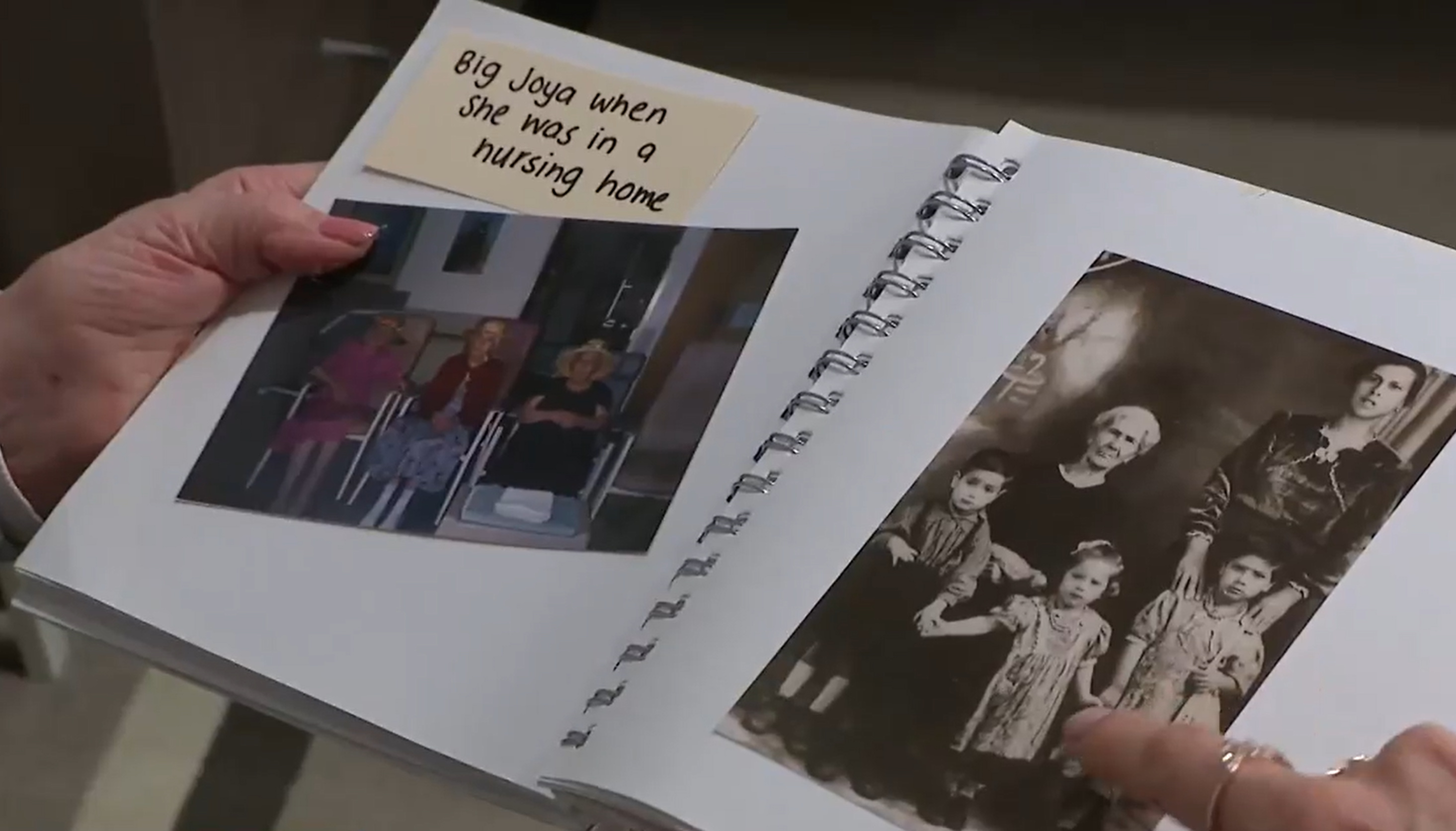Share this @internewscast.com
Australia is hurtling towards a healthcare crisis, with more than 2 million people set to become unpaid carers within the next five years.
New data from the Violet Initiative’s 2025 Care Index underscores the increasing strain on the so-called “sandwich generation” – those tasked with caring for both their children and ageing parents simultaneously.
Some 2.2 million Australians are expected to become unpaid carers by 2030, which experts say could fuel a workplace crisis.
READ MORE: Rainbomb set to break 30-year record as wet weather lashes both coasts
The research indicates that 73 per cent of impacted families work full-time while managing their caregiving responsibilities.
A significant 53 per cent are forced to choose between their careers and providing care, while 67 per cent have experienced workplace discrimination.
The Dominello family is just one of many at the face of the crisis.
Josie Dominello, living in an aged care facility following a dementia diagnosis, receives frequent visits from her children, including former NSW senior minister Victor Dominello.
“It became really, really hard, so we had to make the really tough call and put Mum in a home,” he said, noting that the most challenging part is “to say goodbye to Mum every night feeling like she’s alone”.
EXPLAINED: Trump and Zelensky’s meeting was a success. So what happens now?
He stated that Australia needs a fundamental shift in preparing for life’s final stage, with the population aged 85 and older projected to increase fivefold over the next five years.
“There are going to be more and more people like my Mum that require heightened need and heightened care,” Dominello said.
“As a nation, we need to start planning for that.”
Organisations like Violet, an online platform designed to facilitate planning and management, are attempting to address those challenges.
“I’d like to see every 75-year-old in the country having these conversations with their family,” chief executive Melissa Reader said.
“When those conversations and plans don’t take place, people are making crisis decisions in hospital corridors.”
This article was produced with the assistance of 9ExPress.













